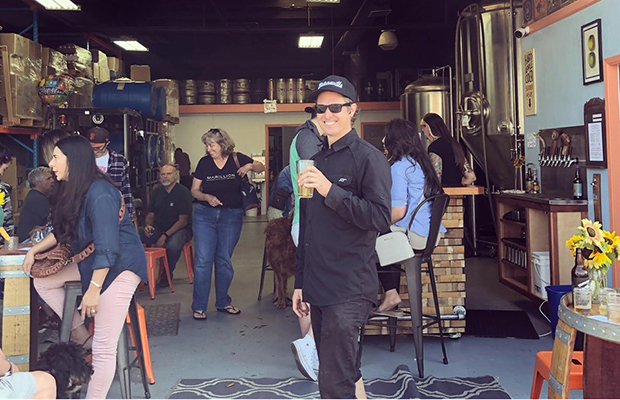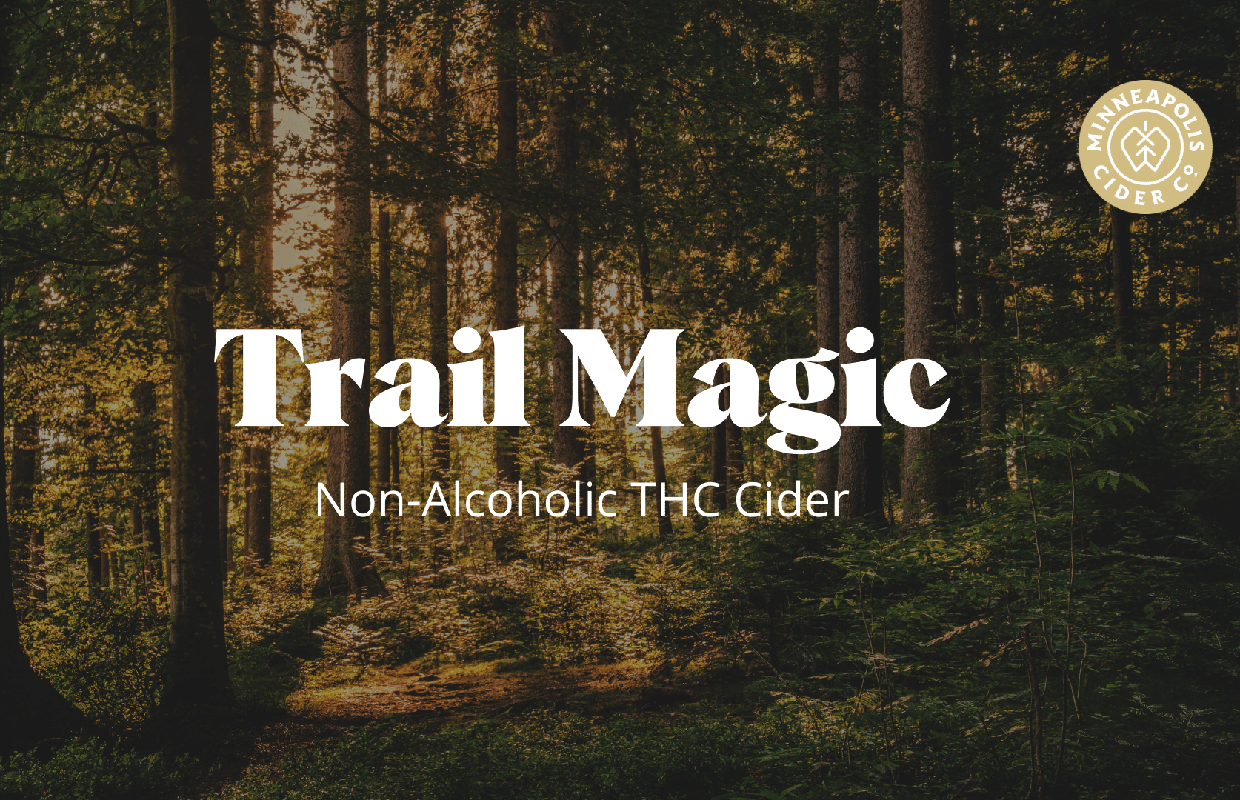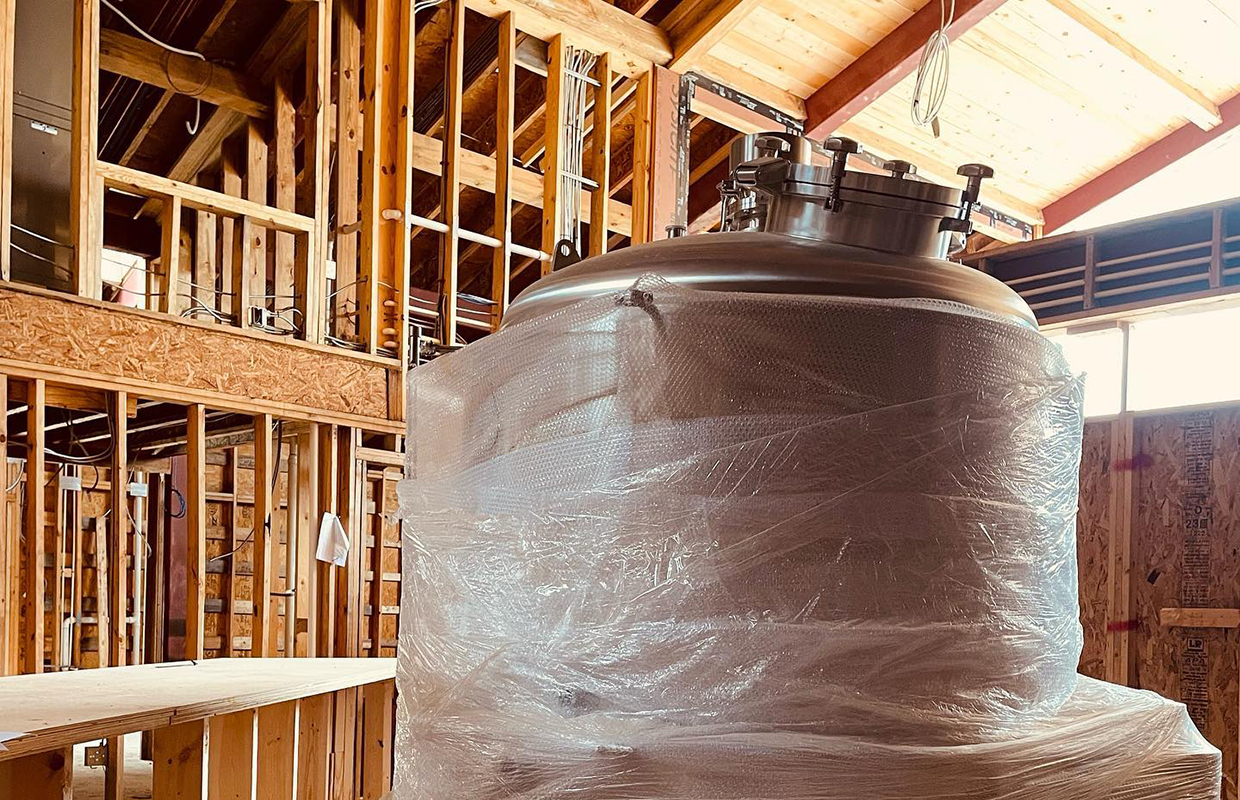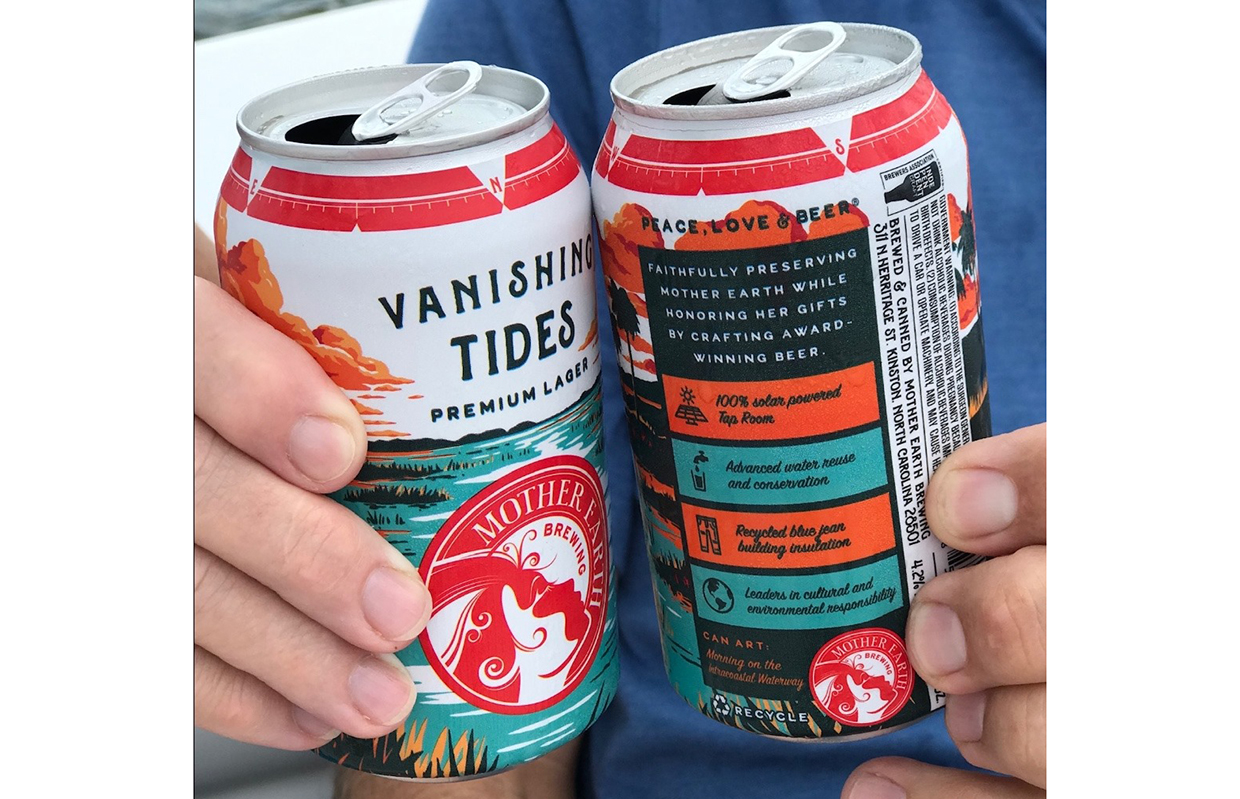
Opening your own business such as a cidery can be rewarding, yet humbling. No matter how prepared you thought you were, missteps will be made and corrections can sometimes be costly.
Multiple cideries have shared their stories with Brewer over the past year. Here are some tidbits to learn from some cideries that have successfully opened.
Permits: “Some take longer than others once they’re turned in but can be turned in at any time, while others require some permits are already granted before you can apply,” explained Ash & Elm‘s Andrea Homoya. The best thing the Indianapolis cidery did was talk to local brewery and winery owners to get their tips of the order specific to the state and city regulations. “Another distillery owner suggested I call our senator and ask him to call the TTB on our behalf, and he did,” she said. “And it was granted a couple of days later. That was a great tip — senators are thirsty to promote small business and get a ‘win’ for their constituents, and calling the TTB is a bipartisan way they can help.” Paperwork is an evil necessity but having documents in proper order and just being nice to folks will help with getting things done quickly. “Be professional and courteous,” said Schilling Hard Cider’s Mark Kornei, as CEO Colin Schilling noted that the cidery got all of its paperwork and license — the TTB included — done and approved in under two months. “We did it all ourselves and honestly it was not that hard,” he said. “No need to pay someone else to do this for you.”
Balance: Schilling Hard Cider CFO Mark Kornei shared with Brewer learning to balance production with sales was an early key. “When Colin and I first started, we had enough time to produce or sell, but not both,” he recalls. “That’s when we started hiring folks.” Although the first production space wasn’t beautiful, it was functional. Schilling noted that putting in the work to get the job done was a key to early success. “We have a rule to this day that Mark and I do everything we ask anyone else in the company to do at least once before we ask them to do it,” he said.
Slow growth: Starting small allowed Santa Cruz Cider to build its brand and wholesale accounts to afford a larger space without taking out a bank loan. “Start small and grow organically from your profits has worked out well for us,” said Natalie Henze. “We operate our business in the black and make strategic saving plans for buying large equipment. This model is not for everyone but we love what we do and get to control every aspect of what the consumer is getting.”






Be the first to comment